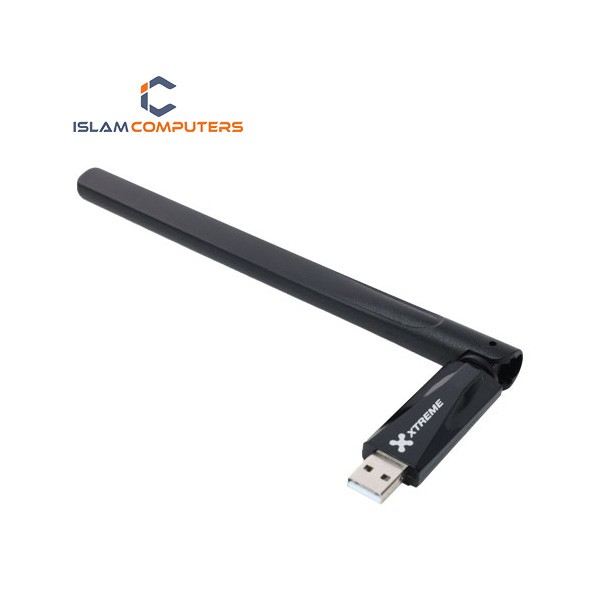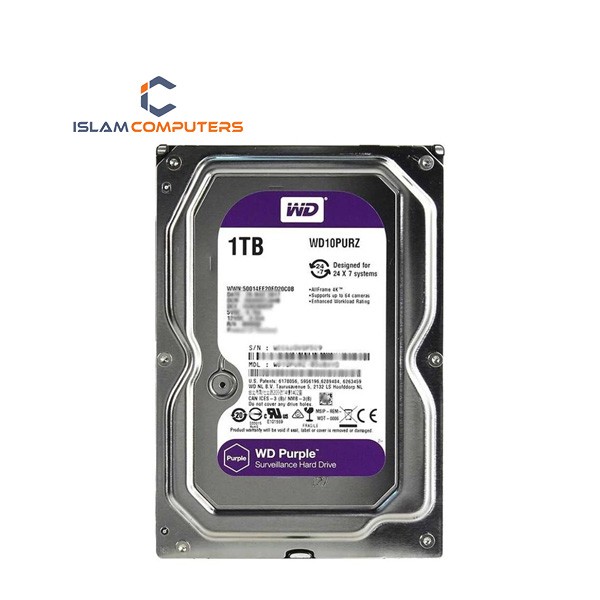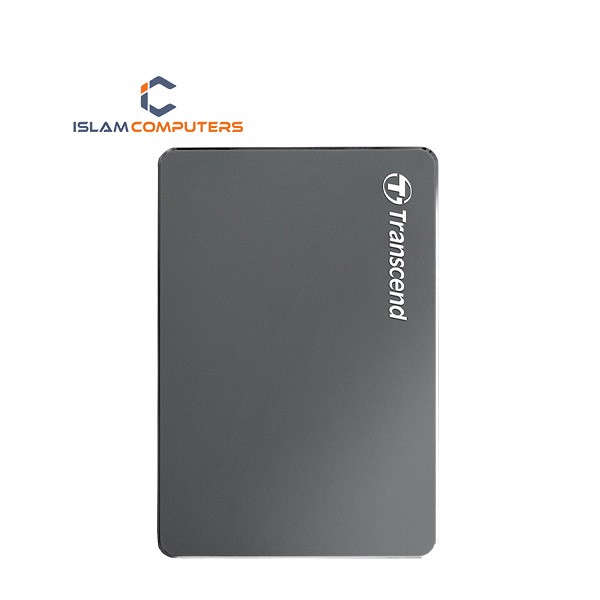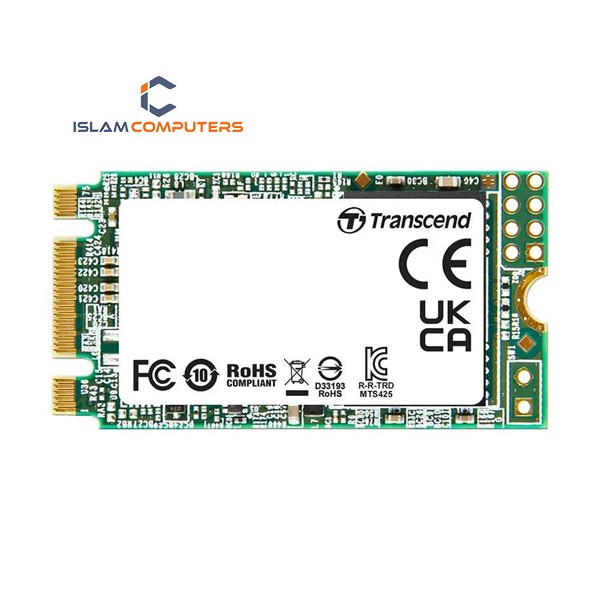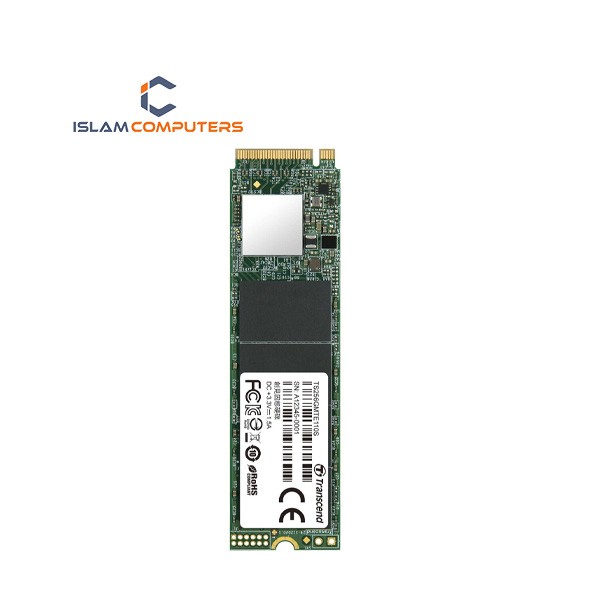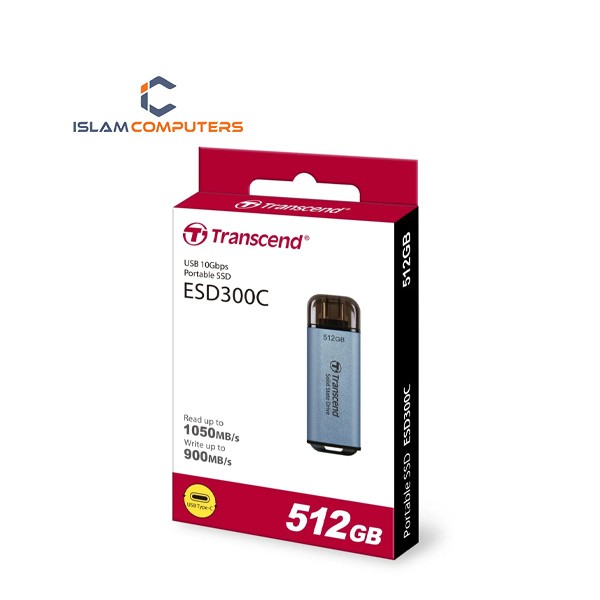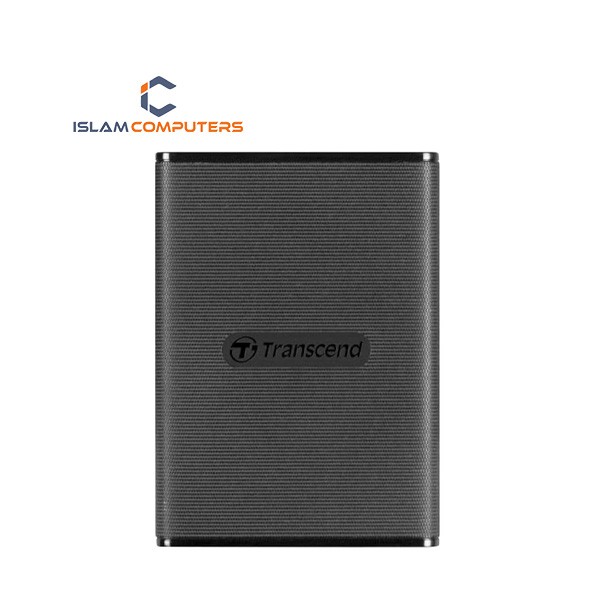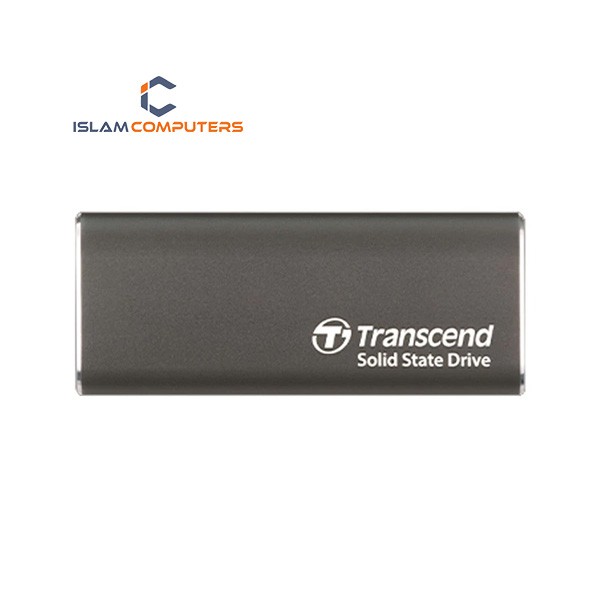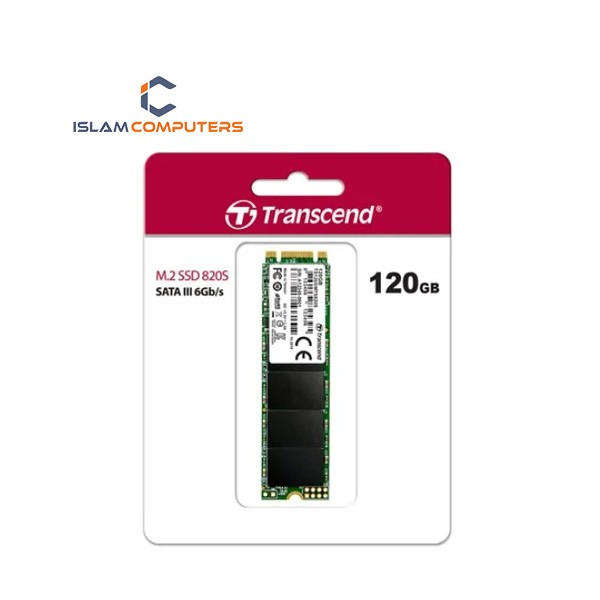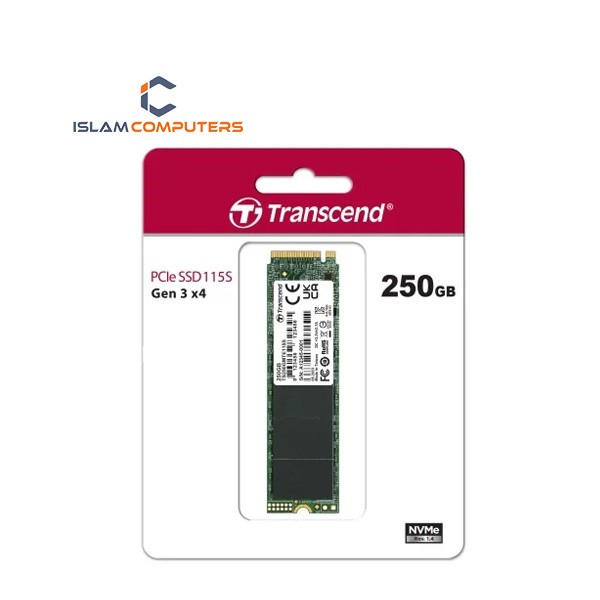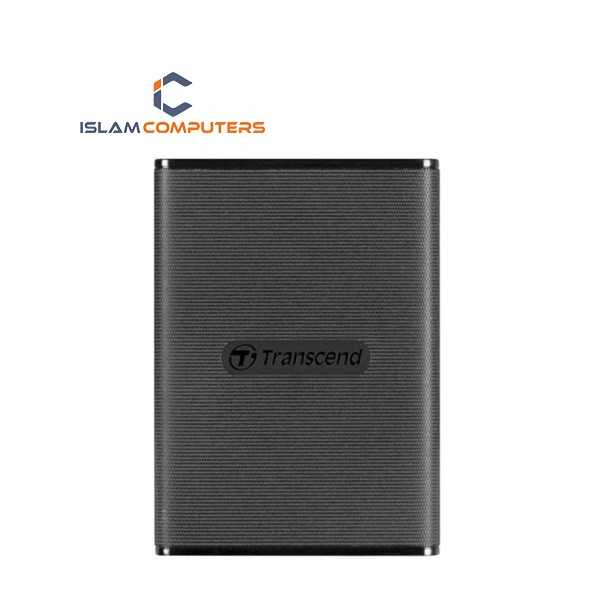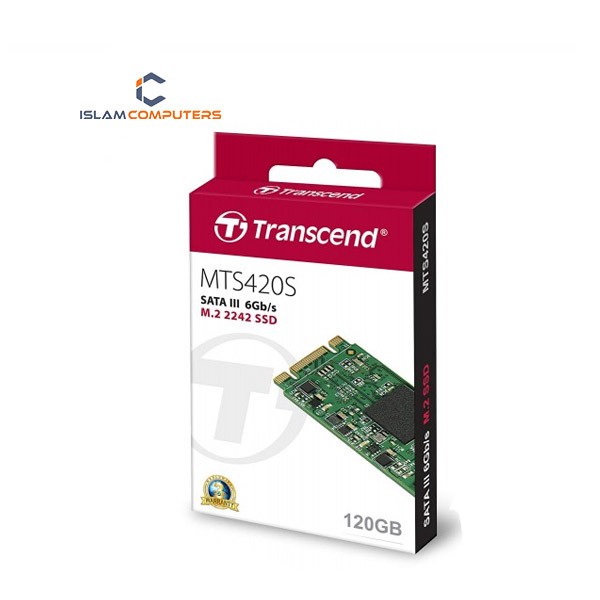

Transcend 420S 120GB M.2 SSD
(0 Reviews)
In stock
Price:
Discount Price:
৳2,200.00
/1
ডেলিভারি চার্জ :
Share:
Sold By
islamcomputers
(0 customer reviews)
Top Selling Products
-
Esonic ESLM19W 18.5 inch HD LED Monitor
৳3,900.00 -
Epson C13T6736 Light Magenta Ink Bottle
৳1,150.00 -
HP M22f 22″ FHD IPS Monitor (New Arrival)
৳13,500.00
Specification
| Key Features | ||
| Capacity | 120GB | |
| Form Factor | M.2 | |
| Flash Type | 3D NAND flash | |
| Interface | SATA III 6Gb/s | |
| Sequential R/W | 500/350 MB/s | |
| MTBF | 1,000,000 hour(s) | |
| Physical Specification | ||
| Dimension | 42.0 mm x 22.0 mm x 3.88 mm (1.65″ x 0.87″ x 0.15″) | |
| Weight | 5 g (0.18 oz) | |
| Temperature | ||
| Operating Temperature | 0°C (32°F) ~ 70°C (158°F) | |
| Warranty | ||
| Manufacturing Warranty | 03 Years | |
Description
Transcend’s ultra-compact SATA III 6Gb/s M.2 SSD 420S addresses the high-performance needs and strict size limitations of small form factor devices, best suited for Ultrabooks and thin, light notebooks. Boasting high-quality flash chips and enhanced firmware algorithms, Transcend’s M.2 SSD 420S delivers optimal reliability.Unlike the existing planar NAND chips, 3D NAND flash is a type of flash memory in which the memory cells are stacked vertically in multiple layers. 3D NAND is developed to break through density limitations of the 2D planar NAND, and thus can deliver a greater level of performance and endurance.Compliant with M.2 form factors Type 2242 and 2280, Transcend’s 3D NAND M.2 SSDs are perfect for use in Ultrabooks and lightweight notebooks. Measured at just 42mm in length, the M.2 SSD 420S makes for an easy upgrade to your computer, taking up little space while giving it a much needed energy boost.Featuring the M.2 standard (42mm), the next generation SATA III 6Gb/s interface and a powerful controller, Transcend’s M.2 SSD 420S reaches incredible read and write speeds of up to 500MB/s and 430MB/s. When used as a cache, the M.2 SSD 420S provides 1.5 times faster boot time than conventional hard drives.Dedicated to maximizing high-performance computing, the M.2 SSD 420S features 4k random file read and write speeds up to 75,000 IOPS that deliver incredibly short loading times and almost instant response for heavy graphics and multimedia applications.Despite its extra-small dimensions, the M.2 SSD 420S contains advanced features to enhance the performance of the SSD. Engineered with a RAID engine and featuring built-in SLC caching technology, it utilizes LDPC coding to correct errors and ensure data integrity.
There have been no reviews for this product yet.
Related products
Transcend 425S 250GB M.2 2242 SATAIII SSD
Transcend 512GB ESD300C Type C Portable SSD SKY BLUE
Transcend 1TB ESD265C Type C Portable SSD Iron Gray
Transcend 820s 120GB M.2 2280 SATA SSD
Transcend 115S 250GB M.2 PCIe Gen3 x4 NVMe SSD
Contact Info
-
Head Office
Shouhardo plaza ,1st Floor, Club Road, Tangail -
Branch Office:
Sawkat Ali Talukder ( Capsule Market) 1st Floor Victoria Road Tangail 1900. - Phone: 01819132558
- Email: islamcomputerss@gmail.com

